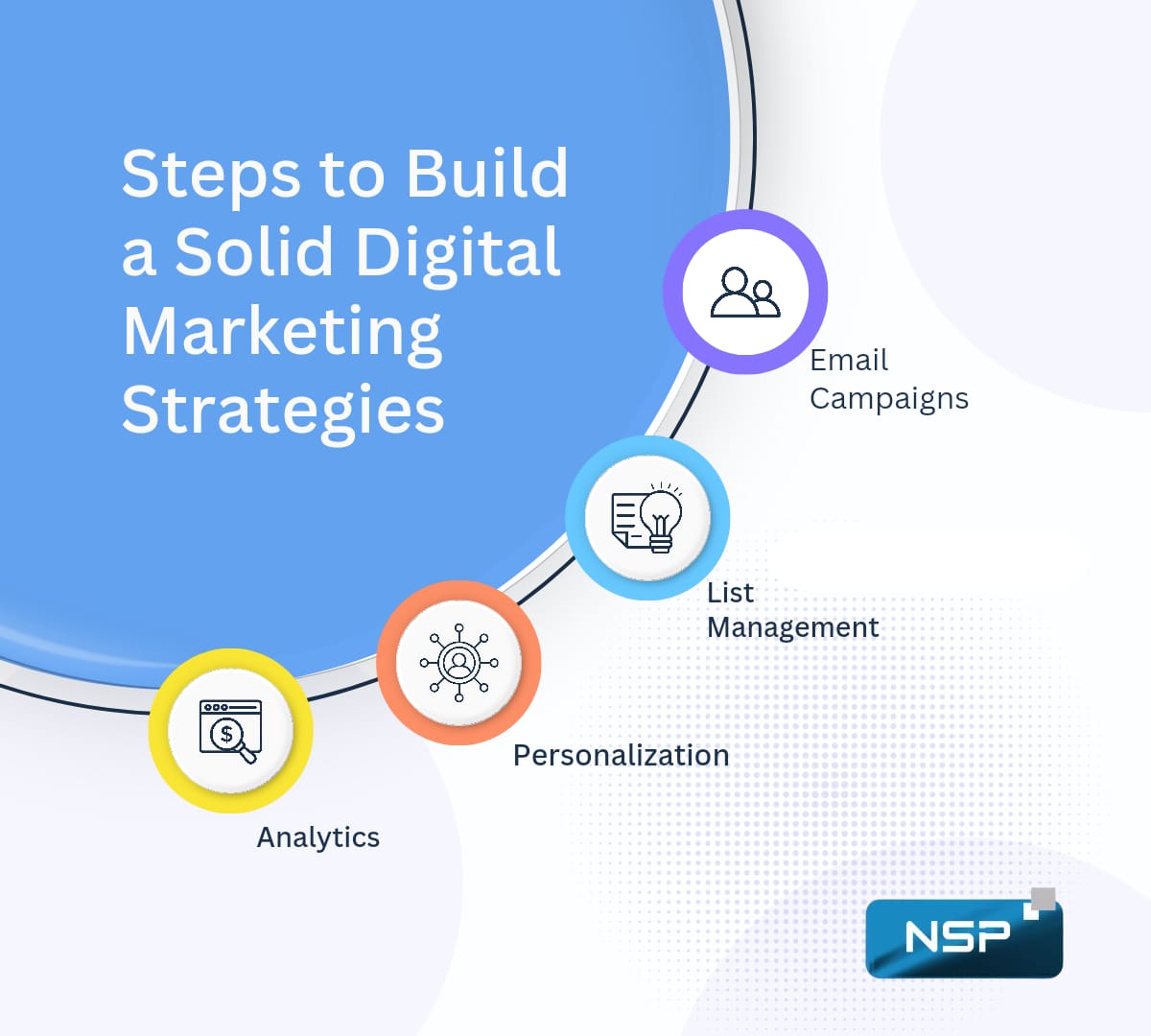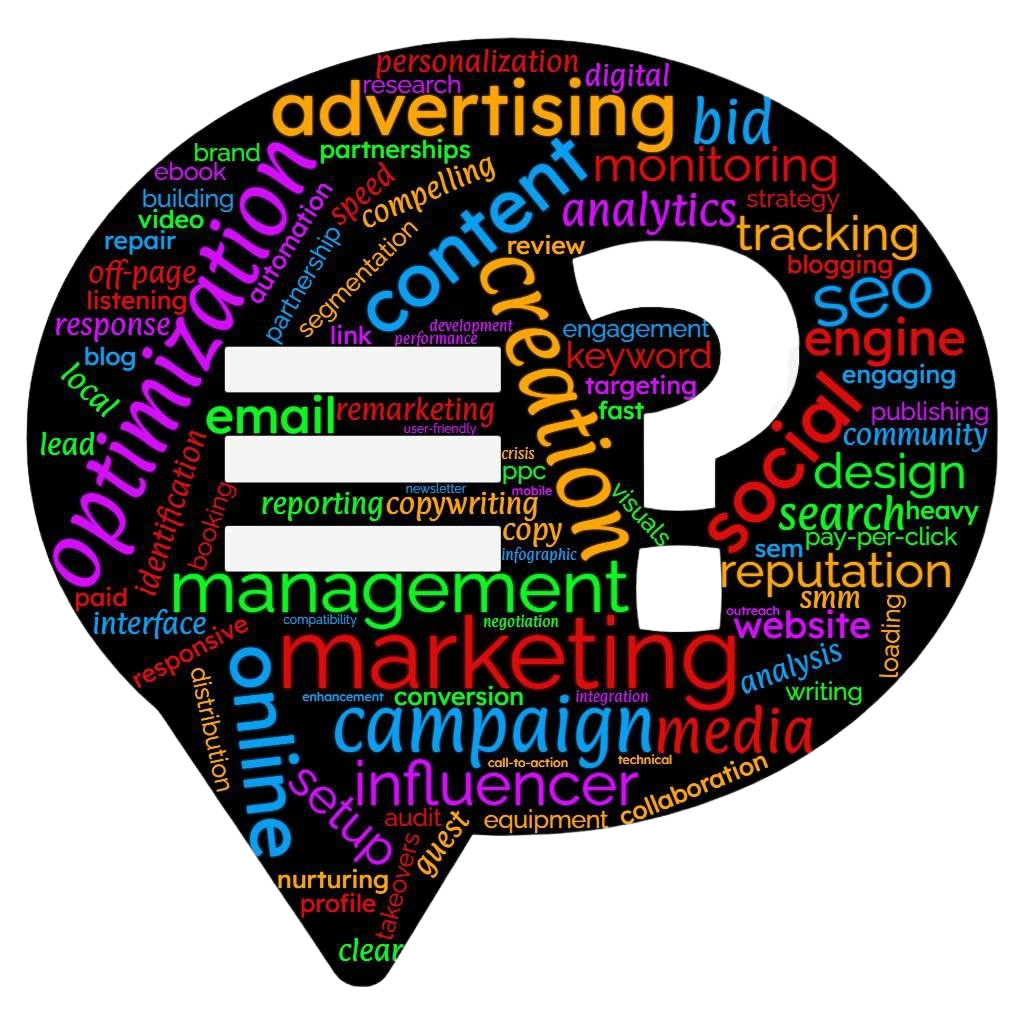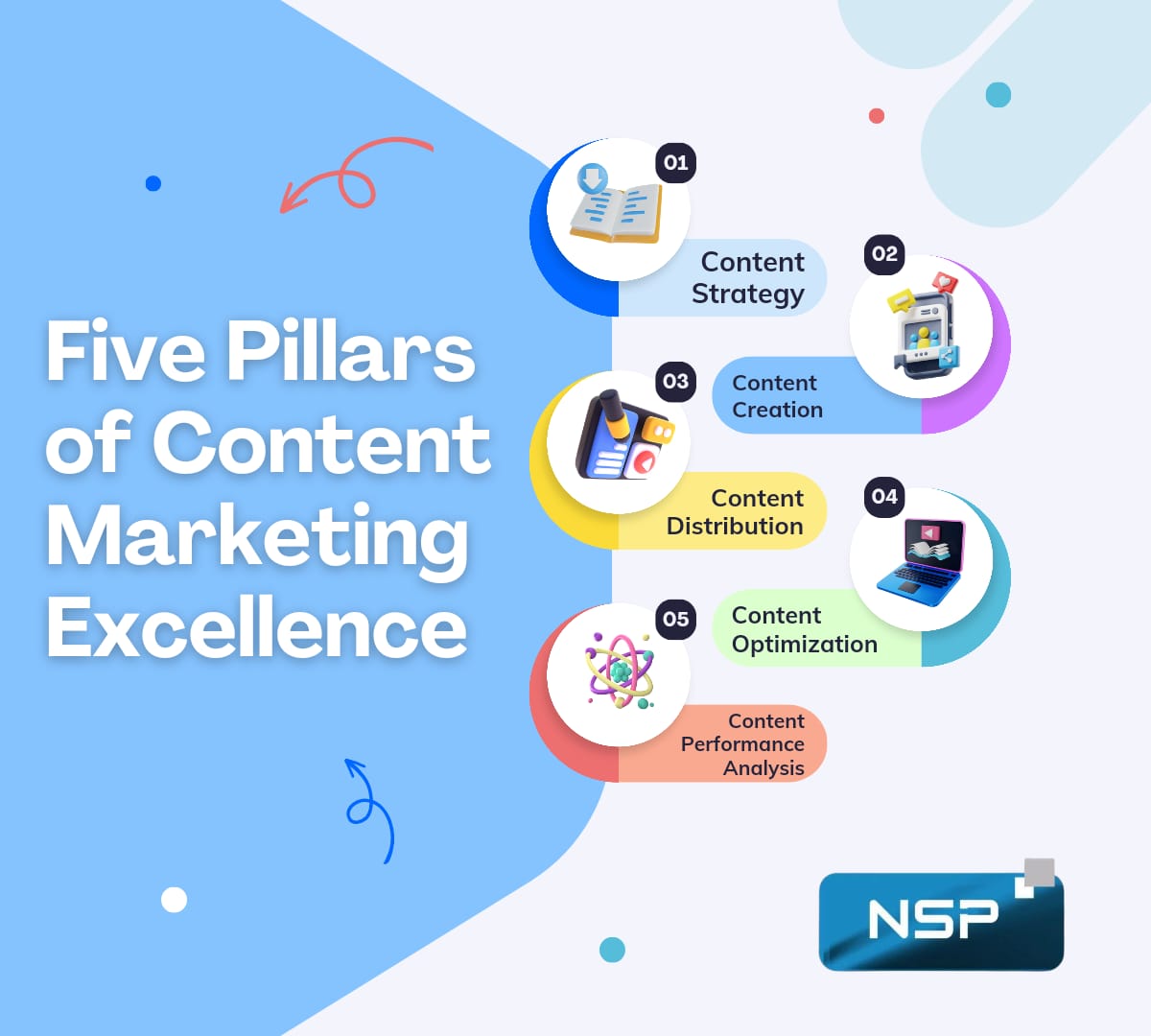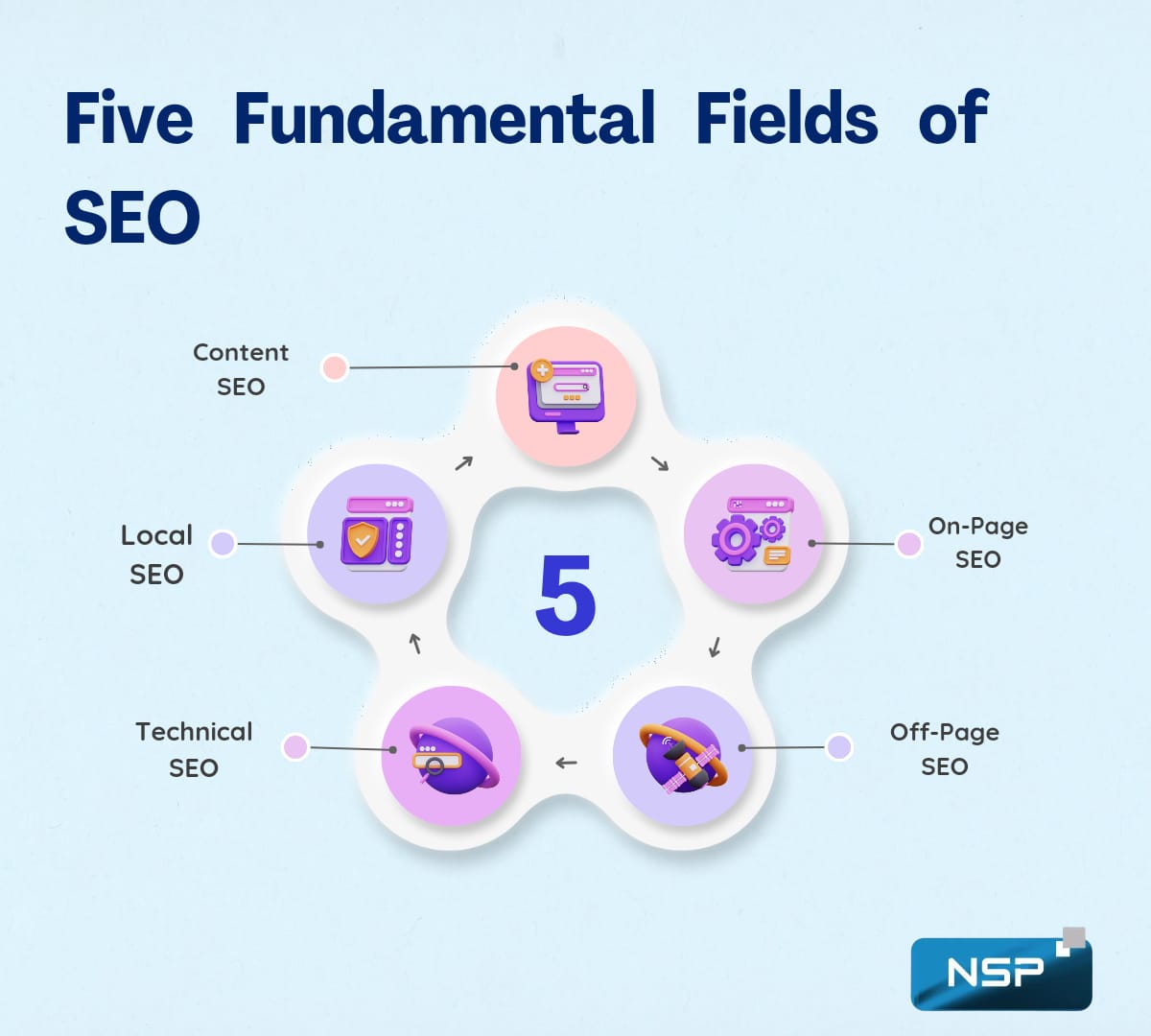

As our world is becoming more environmentally conscious, businesses and consumers are starting to take waste reduction seriously. One way to promote sustainable practices and reduce waste is through digital marketing. In this blog post, we'll discuss the importance of digital marketing in waste management and how it can drive environmental sustainability. We'll also dive into key digital marketing strategies for waste reduction, including educational content, SEO, social media marketing, video marketing, content marketing, email marketing, PPC advertising, local SEO, and user-generated content. Additionally, we'll examine the challenges and opportunities in digital marketing for waste management and how to measure success. Join us as we explore how businesses can harness the power of digital marketing to promote sustainable practices and reduce waste.
Waste management companies can expand their reach and increase online visibility through digital marketing. By utilizing online marketing strategies, these businesses can connect with potential customers and showcase their services and expertise. With years of experience in the industry, waste management companies can stay competitive by implementing innovative digital marketing strategies. This includes building an online presence on platforms like Facebook, Twitter, and Instagram, as well as utilizing search engine optimization techniques to ensure their website ranks high in search engine results. Digital marketing is the best way to promote waste reduction and drive business growth in the waste management industry.
Digital marketing plays a crucial role in driving environmental sustainability. By promoting the importance of recycling and waste reduction, online campaigns can educate the target audience about sustainable waste management practices. Social media platforms provide an effective tool for raising awareness about environmental protection. Waste management companies can leverage their online presence to share valuable information on websites and social media channels. Through innovative digital marketing strategies, these businesses can encourage individuals and businesses to adopt eco-friendly practices, contributing to a greener future.
Educational content effectively promotes waste management practices, educating target audiences about sustainable waste reduction. Utilizing SEO improves online visibility for waste management businesses, driving organic traffic to their websites. Social media marketing engages with the target audience, fostering relationships and creating brand awareness. Video marketing communicates the benefits of sustainable waste management through visual storytelling. Content marketing establishes waste management businesses as industry leaders, showcasing their expertise and thought leadership in waste reduction strategies. These innovative digital marketing strategies help waste management companies reduce waste and contribute to a cleaner environment.
Blog posts and articles provide valuable information on waste management practices, while infographics visually explain waste reduction techniques. Email newsletters educate subscribers about proper waste disposal methods, and webinars offer in-depth knowledge on waste management. E-books and guides serve as comprehensive resources for waste reduction. By utilizing educational content, waste management businesses can effectively communicate their expertise, engage with their target audience, and promote sustainable waste management practices. This innovative digital marketing strategy contributes to business growth and encourages individuals and businesses to adopt eco-friendly waste management practices.
SEO plays a crucial role in waste management marketing by helping businesses rank higher in search engine results. Through keyword research, waste management companies can optimize their website content for relevant search terms. Backlinks from reputable websites improve the authority of waste management websites. Local SEO strategies enable businesses to target customers in specific geographical areas. Optimizing meta tags and headings enhances the visibility of waste management websites. This ensures that potential customers can easily access relevant information and services. By utilizing innovative digital marketing strategies, waste management businesses can drive online presence, attract new customers, and foster business growth.
Social media platforms offer a cost-effective way to reach a wide audience and promote sustainable waste practices. Waste management companies can share informative posts on platforms like Facebook, Twitter, and Instagram to educate their followers. Paid social media ads can increase brand awareness and attract new customers. Engaging with followers and responding to comments helps build trust and loyalty. Collaborating with influencers in the sustainability niche can also expand the reach of waste management campaigns. Social media marketing is an innovative digital marketing strategy for waste reduction.
Videos in the waste management industry can effectively demonstrate waste reduction techniques, building trust through video testimonials from satisfied customers. Live streams and webinars engage viewers with real-time information. Animated videos simplify complex waste management concepts, making them easily understandable. Sharing these videos on social media platforms increases the visibility of waste management campaigns. By incorporating video marketing into their online presence, waste management businesses can attract new customers and drive business growth.
Creating valuable blog posts and articles can establish waste management companies as industry experts, enhancing their online presence. Infographics and visual content make waste reduction tips more accessible to a wider audience. Case studies and success stories showcase the effectiveness of waste management practices, attracting new customers. Guest blogging on relevant websites expands the reach of waste management content while publishing e-books and whitepapers establishes thought leadership in the industry. These innovative digital marketing strategies play a crucial role in promoting sustainable waste management.
Sending targeted emails can nurture leads, converting them into customers. Email newsletters provide subscribers with waste management trends and best practice updates. Exclusive discounts and promotions through email incentivize customers to choose waste management services. Personalized email campaigns create a personalized experience for potential customers. Automated email workflows streamline communication with leads and customers, improving efficiency. By utilizing innovative digital marketing strategies like email marketing, waste management services can effectively engage with their target market and drive business growth.
PPC advertising is a powerful tool for waste management companies to boost their online presence and reach new customers. By running targeted campaigns, businesses can connect with individuals actively searching for waste management services. Social media platforms like Facebook and Twitter offer opportunities to increase brand visibility and engage with a wider audience. PPC advertising also provides measurable results and allows for precise budget allocation. Remarketing campaigns can re-engage potential customers who have previously shown interest in waste management services. Harnessing the power of PPC advertising is a key step in implementing innovative digital marketing strategies for waste reduction.
Improve your online presence and target potential customers in your area through local SEO strategies. Optimize your website content with relevant keywords for local waste management services. Utilize Google My Business to enhance your local search results and increase your ranking on search engine results pages. By implementing local SEO techniques, you can attract new customers and drive business growth. Don't forget to consider innovative digital marketing strategies such as link building and social media marketing to further boost your online visibility.
Fostering community involvement through social media platforms is a key strategy for waste management companies. By sharing valuable information about waste reduction on platforms like Facebook and Twitter, businesses can educate their target market and attract new customers. Additionally, organizing community events and initiatives helps to raise awareness and encourage recycling and proper waste disposal. Collaborating with local businesses and organizations further enhances the impact of these efforts, promoting a sense of community and driving business growth.
Utilizing analytics tools is essential in tracking the effectiveness of digital marketing efforts. By monitoring website traffic and user behavior, businesses can gain valuable data-driven insights. Analyzing conversion rates and engagement metrics allows for the optimization of marketing strategies. Data can be used to identify trends and target specific audience segments effectively. Ultimately, adjusting digital marketing campaigns based on performance metrics ensures continuous improvement and success in the ever-evolving landscape of digital marketing.
Highlighting environmentally friendly initiatives in digital marketing campaigns can greatly contribute to promoting sustainable practices. One effective approach is showcasing sustainability efforts through blog posts and social media content, creating awareness and inspiring others to take action. Utilizing infographics can also be a powerful tool to educate audiences about waste reduction and recycling. Additionally, incorporating environmental protection messaging in email marketing campaigns demonstrates a commitment to sustainability. Ultimately, promoting sustainable practices throughout all marketing materials helps enhanOce the brand's reputation and attract environmentally conscious customers.
Feature the success stories of waste management customers on your website and social media platforms. Highlight the positive impact that waste management services have had on their lives. Utilize testimonials and case studies to establish trust and credibility with potential customers. Encourage customers to share their experiences through reviews and social media posts. Leverage these customer success stories as powerful marketing tools to enhance engagement and attract new customers
Encourage customers to create and share content related to waste reduction. Utilize user-generated content in social media campaigns and leverage customer reviews and testimonials to enhance brand credibility. Engage with user-generated content by responding and sharing on social media. Incorporate user-generated content into email marketing campaigns.
Remaining compliant with waste management regulations is crucial in digital marketing. It is important to stay updated on the ever-evolving compliance standards in the industry and ensure that your digital marketing efforts align with legal requirements. Including information about compliance and certifications in your marketing materials can enhance your online presence and build trust with potential customers. Additionally, keeping abreast of changes in waste management regulations that may impact your marketing strategies is essential. Collaborating with waste management companies can help you maintain compliance and navigate any regulatory challenges.
To expand your online presence and reach new customers, consider forming partnerships with complementary businesses or organizations. Collaborate on joint marketing initiatives to tap into their audience base. Boost visibility by sharing each other's content on social media platforms like Facebook and Twitter. Cross-promote products or services to increase exposure. By pooling resources, you can create impactful marketing campaigns that drive business growth. This innovative digital marketing strategy is the best way to optimize your search engine results and place your waste management services at the forefront.
Overcoming limited budgets and competition, digital marketing for waste management faces unique challenges. However, the growing demand for sustainable practices provides opportunities to differentiate your brand. Leveraging digital platforms and staying updated with evolving trends and technologies are crucial for success in this industry.
To measure the success of your digital marketing strategies for waste reduction, it is crucial to set clear goals and benchmarks. Tracking key performance indicators such as website traffic, leads, and conversions will provide insights into the effectiveness of your efforts. Monitoring online mentions and engagement on social media channels will help gauge the impact of your digital marketing initiatives. Analyzing this data will allow you to make data-driven adjustments to optimize results and enhance waste reduction initiatives.
Digital marketing offers numerous benefits for waste management companies. They can effectively reach a wider audience and increase their online visibility through targeted marketing strategies. By implementing SEO techniques, waste management websites can improve their search engine rankings and attract more organic traffic. Social media platforms provide opportunities for engaging with the target audience and building an online presence. These innovative digital marketing strategies contribute to business growth, attracting new customers and promoting sustainable waste management practices.
In conclusion, digital marketing plays a crucial role in waste reduction efforts. By utilizing various strategies such as educational content, SEO, social media marketing, video marketing, and email marketing, businesses can effectively promote waste management practices and drive environmental sustainability. Additionally, harnessing the power of PPC advertising, local SEO, user-generated content, and partnerships can further enhance their digital presence and reach. It is important to measure the success of these strategies through data tracking and analytics to identify areas of improvement and ensure that waste reduction goals are being met. If you're looking to implement digital marketing strategies for waste reduction, book a free consultation with our experts to learn how we can help.

Promoting waste reduction and recycling can be achieved through innovative strategies. Utilize social media to spread awareness about eco-friendly practices. Collaborate with local businesses, offering discounts for recycling efforts. Incentivize customers with reusable containers or packaging. Create engaging content highlighting the importance of waste reduction and recycling.
To measure the success of a digital marketing campaign for waste management services, it's important to track key metrics. These include conversion rates, website traffic and engagement metrics, social media engagement, and cost per acquisition or cost per click.
Waste management companies can benefit from specific SEO techniques. Local SEO tactics like optimizing Google My Business listings and using location-based keywords can increase visibility. Creating high-quality content on waste reduction and sustainability improves search engine rankings. Leveraging social media platforms for informative content and engagement boosts SEO. Collaborating with other industry businesses for valuable backlinks is also effective.
To measure the success of their digital marketing efforts, a waste management company can track website traffic and engagement using tools like Google Analytics. They can also measure the number of leads generated through digital marketing and gauge success through social media metrics and customer satisfaction surveys.


